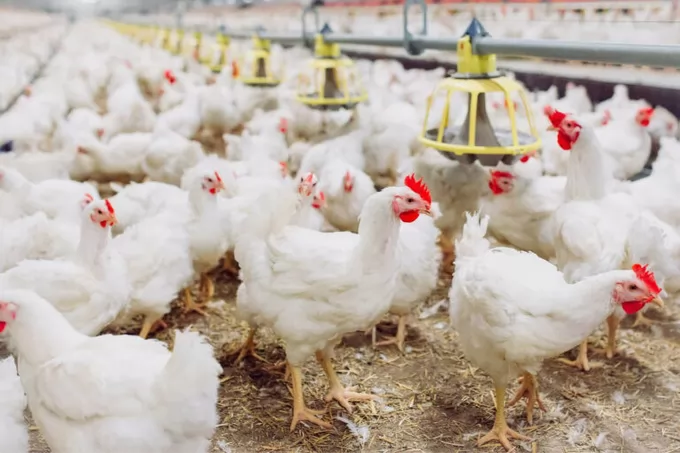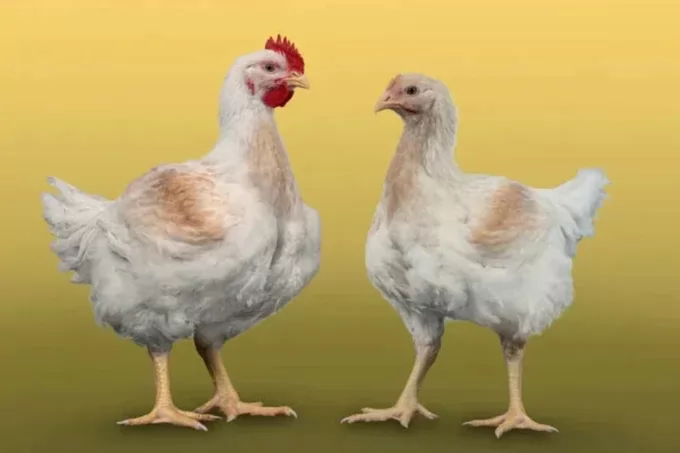Australian cow imports drop dramatically
VietNamNet Bridge - Importing Australian cows to fatten and slaughter domestically was once a profitable business, but has changed dramatically in recent years.

Australian cow imports drop dramatically
Vo Quan Huy in Hiep Hoa commune of Duc Hoa district in Long An province was one of the first farmers who imported Australian cows to fatten for sale in the domestic market.
The number of cows at his farms reached 30,000 at times. Huy provided thousands of cows to the market in his heyday.
With a closed breeding chain and use of agricultural by-products, Huy could earn VND10 billion a year.
However, Huy now has only several thousand cows. The imports have dropped by 50 percent and parts of his farms are idle.
Some years ago, Son Thuy Ha Company had nearly 10 Australian cow breeding farms. But it has reduced the farming scale recently.
A representative of Son Thuy Ha said the company has had to cut imports because the products were no longer competitive.
He said 2013-2015 was the golden period for businesses and farmers who imported Australian cows.
In 2012, Vietnam imported 1,500 cows from Australia, while the figure soared 16,000 in 2013 and to 360,000 in 2015.
But the imports began slowing down in 2016, when only 200,000 cows were brought to Vietnam. The figure dropped by another half, though the import tariff was cut to zero percent.
Bach Duc Luu, director of the Center of Animal Health Zone 6, confirmed that the number of imported Australian cows dropped sharply last year, possibly because of slow sales.
According to Huy, Vietnam has great advantages in breeding cows, including supply of agricultural by-products (cassava, straw and maize). The expenses on feed account for the largest proportion in the total production costs.
However, as more frozen meat products have appeared with competitive prices, farmers living on fattening Australian cows have faced difficulties.
The import price of Australian cows is about $3 per kilo, or VND66,000. However, farmers can sell at only VND63,000 per kilo in the domestic market.
Huy complained that his farming has also been affected because of unhealthy competition. Some businesses import buffalo meat from India and sell it as Australian beef.
Many farms in Dong Nai and Long An provinces have decided to breed Vietnamese cows instead of Australian cows. Vietnamese cows grow more slowly, while the profit expected is not high.
Even Hoang Anh Gia Lai, a big player in the field, also reported modest revenue of VND102 billion from selling Australian cows in 2017, a decrease of VND737 billion compared with the same period in 2016.
Importing Australian cows to fatten and slaughter domestically was once a profitable business, but has changed dramatically in recent years.
Maybe you are interested

Black soldier fly larvae research boost for UK poultry sector
Funding totalling £3 million has been granted to a UK consortium which will utilise advanced technologies and black soldier fly larvae to improve poultry welfare and promote sustainability in the industry.

Bà Rịa - Vũng Tàu farmers on expansion path
BÀ RỊA - VŨNG TÀU - Farmers in the southern province of Bà Rịa - Vũng Tàu are expanding their lands to either grow crops or breed livestock on a larger scale since incomes from farming are rising steadily.

Breeding companies continue to move to European Chicken Commitment standards despite additional costs
Poultry breeding company Aviagen has received approval from the animal welfare charity RSPCA for an additional slower-growing breed that meets the standards of the European Chicken Commitment.





